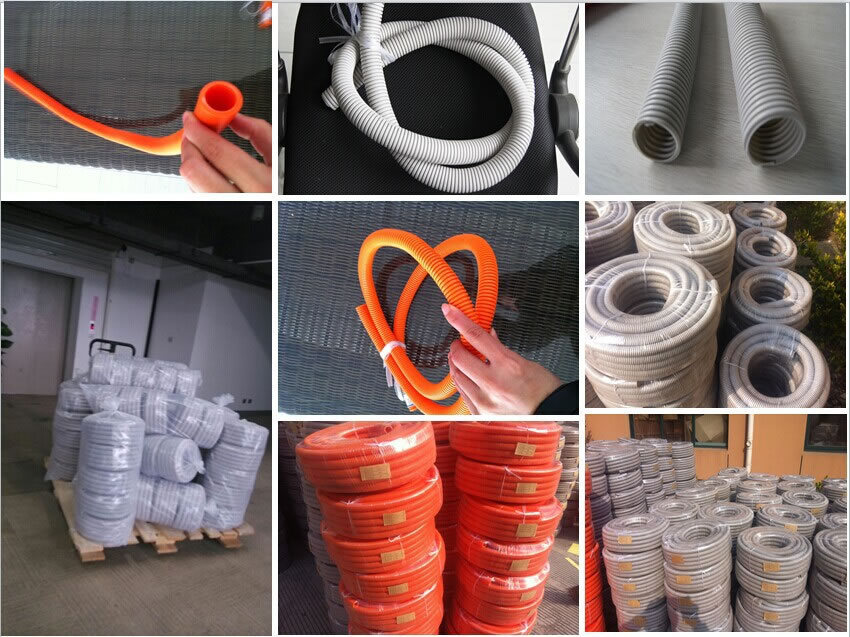2016-04-25
In the telephone and electrical utility
industries, the underground plant is often
comprised of a network of3”,4”,
and6”conduit banks. These "rigid” conduits are
composed of clay tile, cement conduit, or
more recently, PVC constructions. They
are usually separated by manhole vaults or
buried pull-boxes. Distances between,
and placement of manholes and pull-boxes is
largely a function of the following
constraints:
1.
Location of branch circuit intersections
2.
Lengths of cables (or innerducts) available on reels
3.
Access to, or limited by physical obstructions
4.
Path difficulty for placement of cable or innerducts
5.
Surface environment
6.
Method of cable placement (mid-assist access)
In addition, Department of Transportation
(DOT) regulations often require
additional protection and support structure
for buried conduits in road bores and
traffic areas. Although steel casings have
been used in the past, it is becoming more
prevalent to horizontally bore under
roadways (or waterways) and pull back an PE
casing into which PE innerducts are
installed.
Pull placement of innerducts has obvious
similarity to traditional cable placement
methods. Several good references on this
subject exist, including Guide For Installation
of Extruded Dielectric Insulated Power
Cable Systems Rated 69KV Through 138KV,
Chapter 14
Duct and Conduit
485
Underground Extruded Power Cable Pulling
Guide, AEIC Task Group 28 and IEEE Guide
Distribution Cable Installation Methods In
Duct Systems.
There are a number of variables that
influence loading and selection of innerducts
when pulling into conduit structures:
• Diameter of conduit
and innerduct, and number of innerducts to be
installed – clearance fit
• Length and direction
changes of conduit run, sweeps
• Composition of conduit
and coefficient of friction
• Jam combinations
• Pull speed and
temperature
• Elevation and
innerduct weight

Cable Installation
Friction in Conduit Systems
